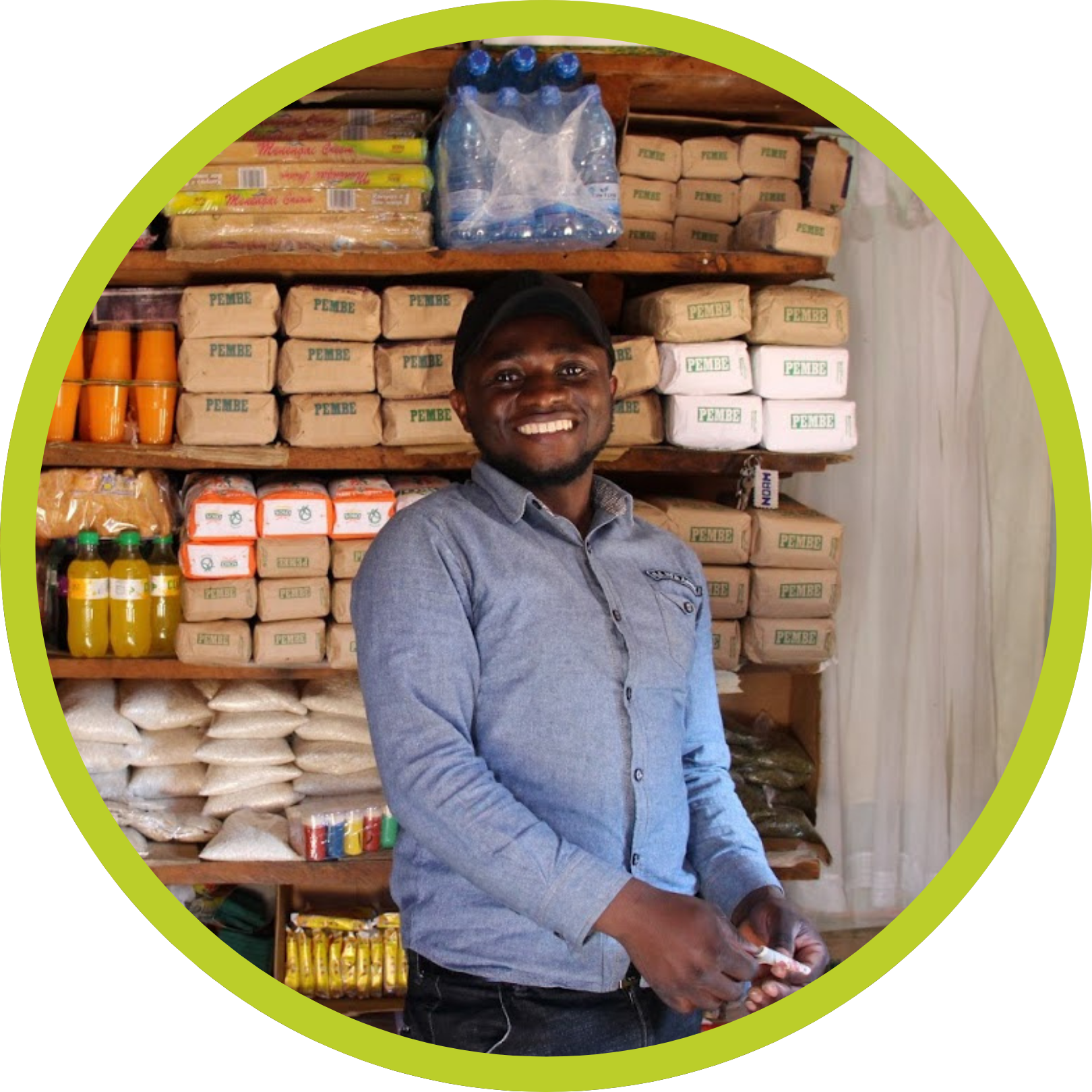SELF-RELIANCE
self-re·li·ance / noun
The social and economic ability of an individual, a household, or a community to meet its needs in a sustainable manner and with dignity
Refugee self-reliance is more important than ever with the highest-recorded increase in global displacement coupled with the growing length of displacement and the lack of sustainable solutions for refugees.
In recent years, fewer than 3% of refugees worldwide have been able to access a “durable solution,” including repatriation, permanent resettlement to a safe country, or legal integration into the country of first asylum. Humanitarian aid budgets are spread thin and the prevailing refugee response is a band-aid approach.
These realities necessitate shifting the traditional humanitarian assistance model.
Keeping refugees dependent on undependable, often erratic, handouts and “care and maintenance” approaches is neither financially sustainable nor dignified.
It is vital to support refugees in graduating from international humanitarian assistance so that they can achieve their goals of providing for themselves and their families – working, using their skills, and getting to make their own decisions about their finances, lives, and futures.
Momentum on the concept of refugee self-reliance has been building, and several high-level inter-governmental initiatives (including the 2030 Agenda for Sustainable Development and the Global Compact on Refugees) emphasize the need to enhance self-reliance opportunities in tandem with increased rights for refugees.



